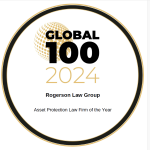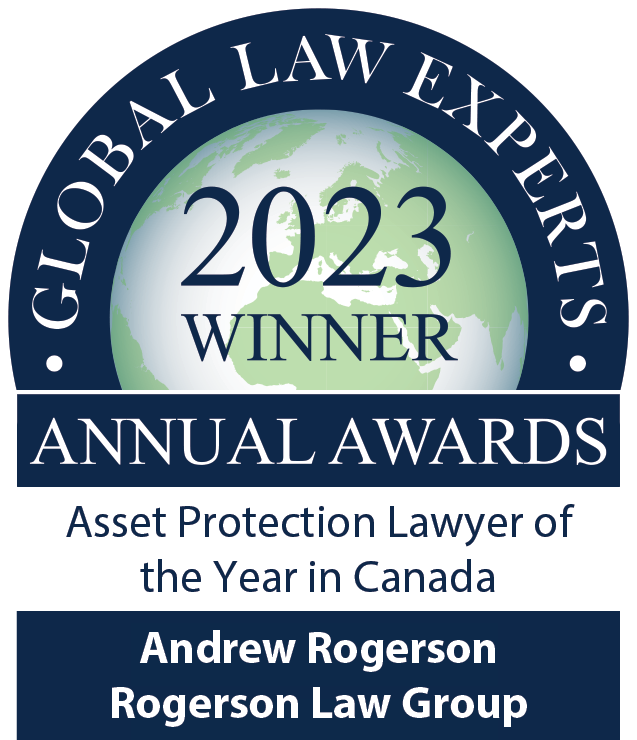Offshore Trusts
Efficient and effective asset protection can often be achieved by the creation of offshore trusts because creditors cannot generally access trust assets.
Unless the value of your assets is modest, offshore trusts and similar offshore corporate vehicles may well be your answer.
What is an offshore trust?
A trust involves three parties: the Settlor, the Trustee and the Beneficiary/ies.
When a trust is created, the Settlor (ie. our client) gives property and/or money to the Trustee to hold on trust for the Beneficiaries. The Trustee is then the legal owner of that property or money and has various legal and administrative duties in their role as Trustee. The Beneficiaries are entitled to money or property in accordance with the terms of the Trust Deed.
A trust can be created to protect assets from unforeseen risks and claims from others. However, the settlor (the individual establishing the trust) must not be insolvent otherwise creditors may still be able to access the funds.
In the case of an offshore trust, the Trustee is not resident in Canada and is usually a foreign financial institution. This means the trust will not be taxed under the Canadian tax system but under the country where the trust is held – usually a tax haven where no tax is paid. (However, see below for What are the tax consequences?)
Offshore trusts are also completely confidential. The Trustee must operate and manage the Trust in such a way as to retain complete confidentiality so that the trust cannot be discovered.
Find out how an offshore trust can secure your assets for future generations of your family to enjoy.
What is a trust deed?
The trust deed governs the administration of the trust property including how and when the Trust can be terminated. It operates for the benefit of the Beneficiaries. Within the Trust Deed, the Trustee declares they that it holds the trust property subject to certain conditions (the terms of the Trusts) for the benefit of the Beneficiaries.
The Trustee must abide by the terms of the Trust Deed.
What are the tax consequences?
It is important to understand that Canadians are taxed in Canada on their worldwide income. This includes offshore trusts.
Until a few years ago, many Canadians effectively used offshore trusts to reduce their tax burden – but whilst offshore trusts can protect an individual’s wealth from creditors, they are no longer immune from the Canadian tax authorities’ reach as a general rule.
There is an exception in the case of immigrants coming into Canada whose family overseas establish a family or ‘granny’ trust to benefit children and grandchildren. Foundations may also be a suitable alternative. There are few other exceptions to the general rule, and we will talk you through how the current tax regime would apply in your case.
How can we help?
Our asset protection lawyers are highly experienced in both onshore and offshore jurisdictions. Our practice head, Andrew Rogerson, is an internationally known, award winning asset protection specialist barrister with many years’ practical experience in offshore jurisdictions.
Talk to an Asset Protection Lawyer
Contact us now - Call (416) 504 2259
We provide legal services in the entire Greater Toronto area including Toronto, Scarborough, Mississauga, Vaughan, Brampton, Richmond Hill, Etobicoke, Hamilton, Sudbury, North Bay and Barrie with offices located in Downtown Toronto and Barrie.
















